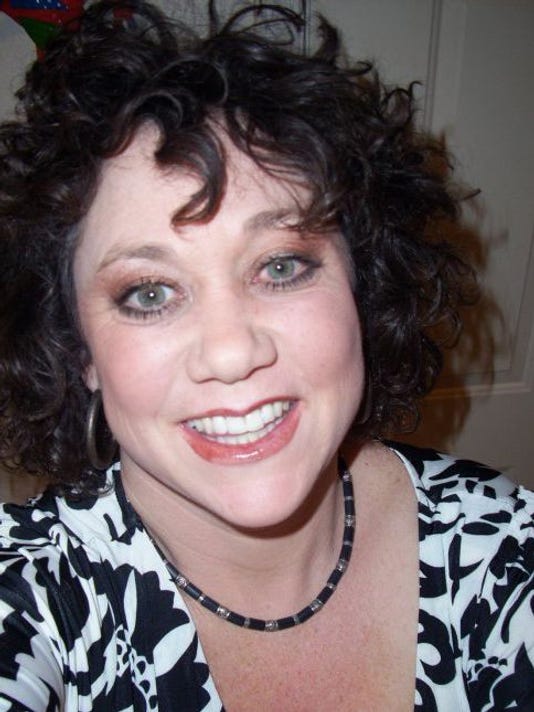by Kim Palchikoff
How did you become a freelancer reporter?
Ironically I learned the ins and outs of daily journalism, but at the time didn’t really like it. I wanted to be a paperback writer but when I was 22 years old, and was teaching English in Moscow, Russia, there was suddenly a need for Russian-speaking Americans to work at the various foreign media outlets like the New York Times and NBC, where I got my first media job.

What was that like?
All hell had broken loose when the Soviet Union dissolved in 1991, and it caught the American media completely off guard. I had finished my teaching gig, and wanted to stay in the country. I made up a resume, which had nothing on it except that I was a Russian speaker with a BA in nothing related, and went to all the foreign corespondents offices one day, looking for a job in the pouring rain. I had no journalism experience.
I wanted to be a paperback writer. I loved stories and storytellers. My step-dad was a great story teller. As a teenager,
I listened to Larry King Live on the radio every night, and loved hearing about people’s lives.
How did you get your job in Russia?
Back in Moscow, that day I was passing out resumes and nobody wanted to hire me. I walked into the NBC bureau with my last resume, totally drenched and soggy.
They needed a Russian speaker to watch the evening news casts and type it out, in real time, in English.
What did you learn about broadcast journalism?
I learned that media outlets report the same news very differently. NBC in New York decided that American
viewers were not that interested in foreign news, even though everyone else considered it to be the story of the decade.
So they didn’t produce many pieces and stood around and gossiped about the NBC corporation.
I recall one conversation about how allegedly, at the age of 30, at NBC, if a woman wanted to continue her on-air career as a journalist, she was expected to get facelifts. How a woman’s face looked on NBC’s air was more important than her intellect or professionalism. Ironically, the main correspondent in the Moscow bureau was a male in his 50s, who had a lot of wrinkles.
After that I worked at CNN, also as a fact checker/TV watcher. They were amazing. CNN was a fairly new, 24/7 news-only network without commercials and they invested heavily into the Russia story, thanks to Ted Turner, who owned the network and who had a passion for Russia. They were known for hiring diverse reporters, Blacks and women, and gave them a lot of air time, at a time when most broadcast reporters were white men.
There was a lot of sexism and racism in the media world in those days at the big networks, both in their national markets and those abroad. Although I was low on the totem pole, I learned a lot from the people around me.
I learned that I also did not want a lifelong journalism career that required me to get up at 2 a.m. to go cover something and the the next day fly to Tokyo to report on a national strike. CNN correspondents never seemed to sleep. Many of them went on to big careers in NY and DC. I liked having a job that ended at 5 p.m.
How did you get into print journalism?
I finally got a break as a writer when I was hired by Newsweek to be their “happy writer.” They wanted to add some color to their magazine, and they created a job just for me. It was great. It paid well, and I finally got a chance to get published covering fun topics.
What was an average day like for you?
Most of the western media was reporting the same stories about the fall of the former Soviet Union, day after day.
They went to the same press conferences, interviewed the same high-level Russian officials, and they all disliked
the country itself. Not me. I spent most of my free time after work and on the weekends hanging around circus performers from the Moscow Circus.
I loved the world of trapeze artists and high wire walkers, not drinking and talking politics. I was really sad to leave Russia in 2000, but the work dried up.
The foreign media pulled much of their operations out of Russia, and put their money into covering other international topics.
Was it hard to work in Moscow?
This is what I learned about reporting in a crisis situation. The story isn’t just about the depressing side of things.
People live, people die. People survive, there’s a lot of “triumph over tragedy” material. I think now CNN is
doing a decent job finding personal stories in light of the coronavirus situation but they’ve given very little coverage
to the Latino community, the undocumented populations which have no health insurance and won’t receive
government checks. They have no rights. But they report more on Italy than on the large Hispanic community in the U.S. which will be hit really hard by all of this.
Your philosophy on it all?
Even in tragic times, I think it’s important to find the human stories, the triumph over tragedy stories. After Russia,
I worked for a couple of years in Washington, D.C., across from the White House for an international talk radio station but ditched it for Reno, where my parents live. I like the greenery, the mountains, rivers, lakes and the laid-back atmosphere where everyone isn’t running around exchanging business cards night and day.
What do you do now?
 Nevada Press Association The best in Nevada journalism since 1924
Nevada Press Association The best in Nevada journalism since 1924
